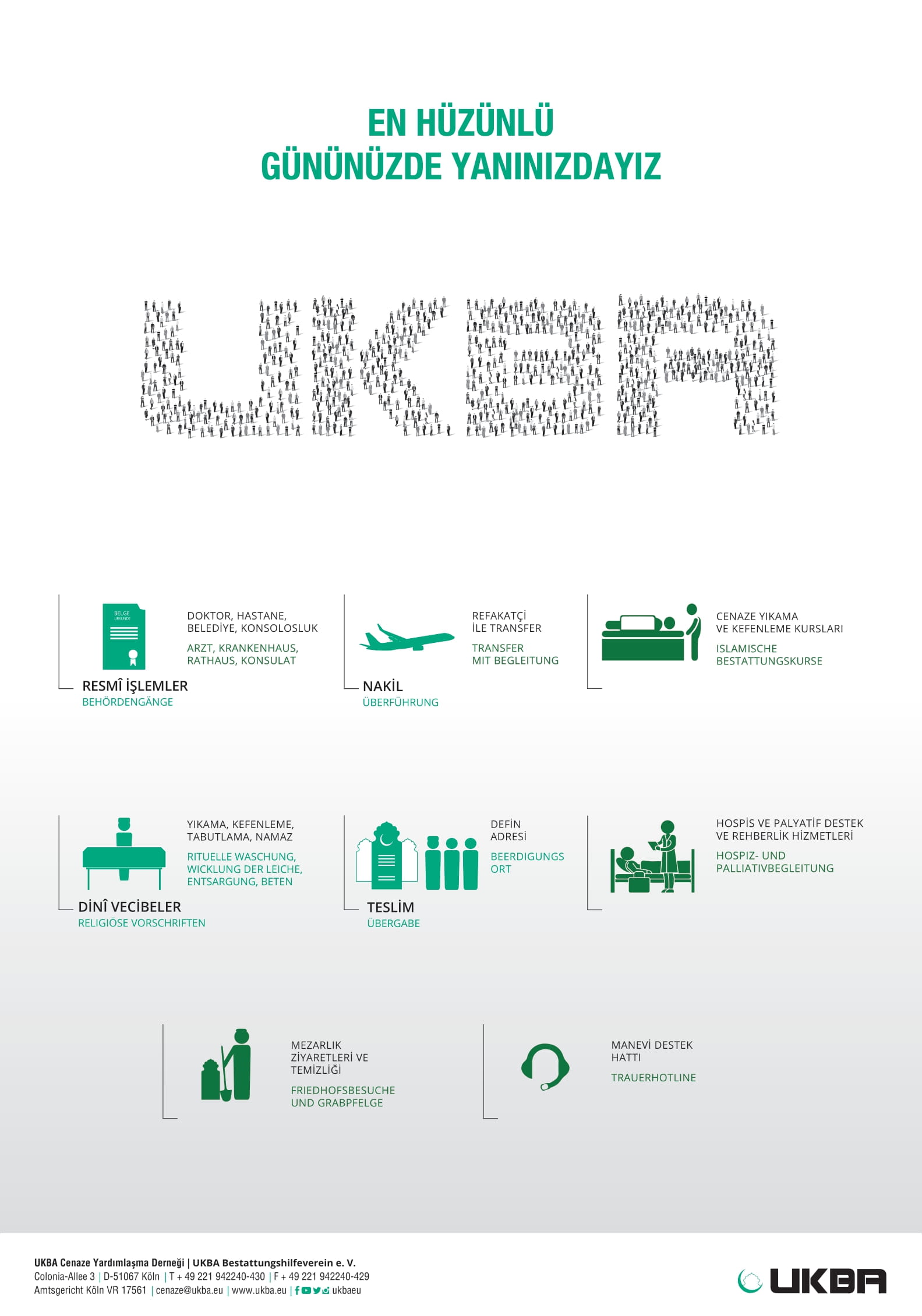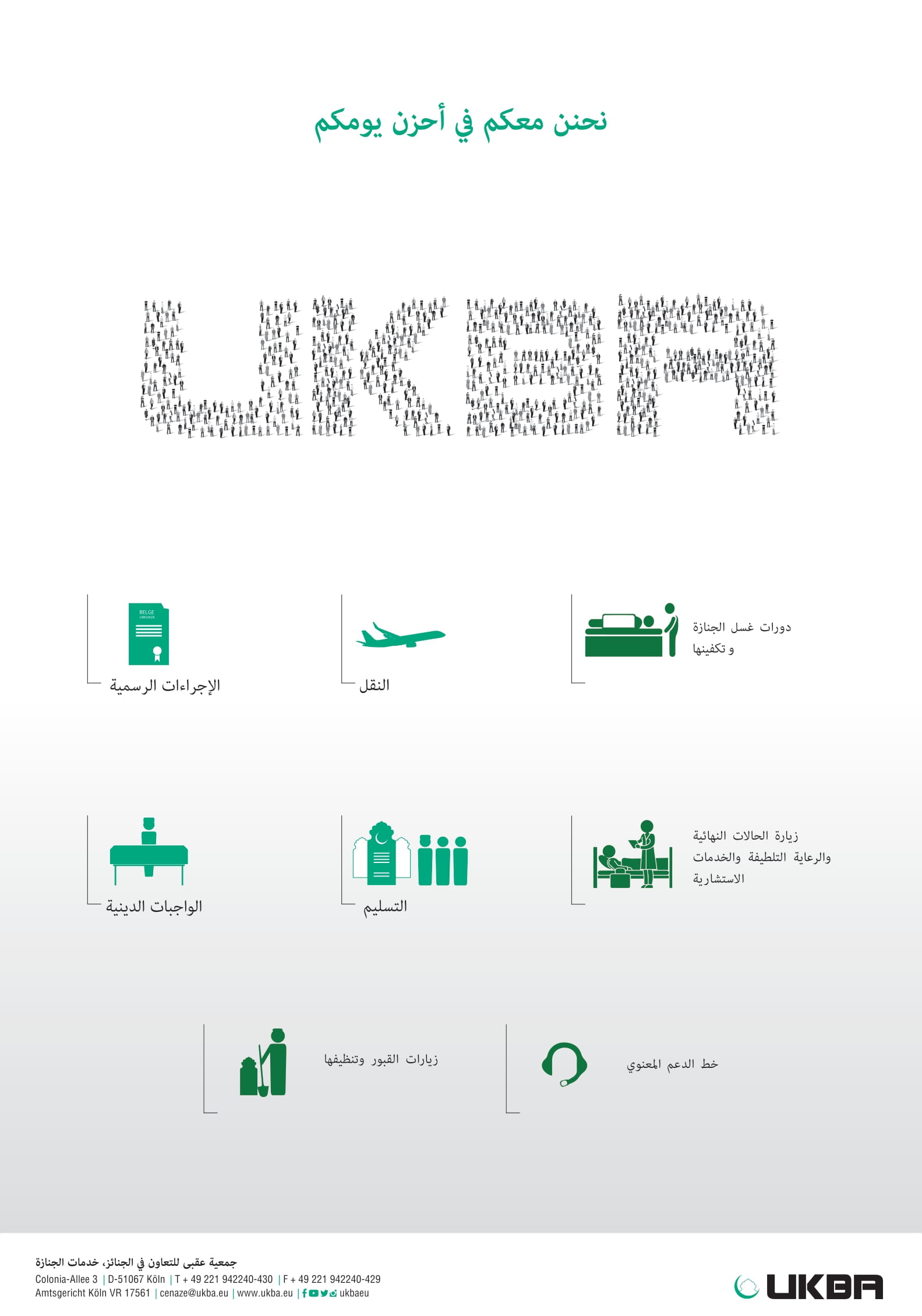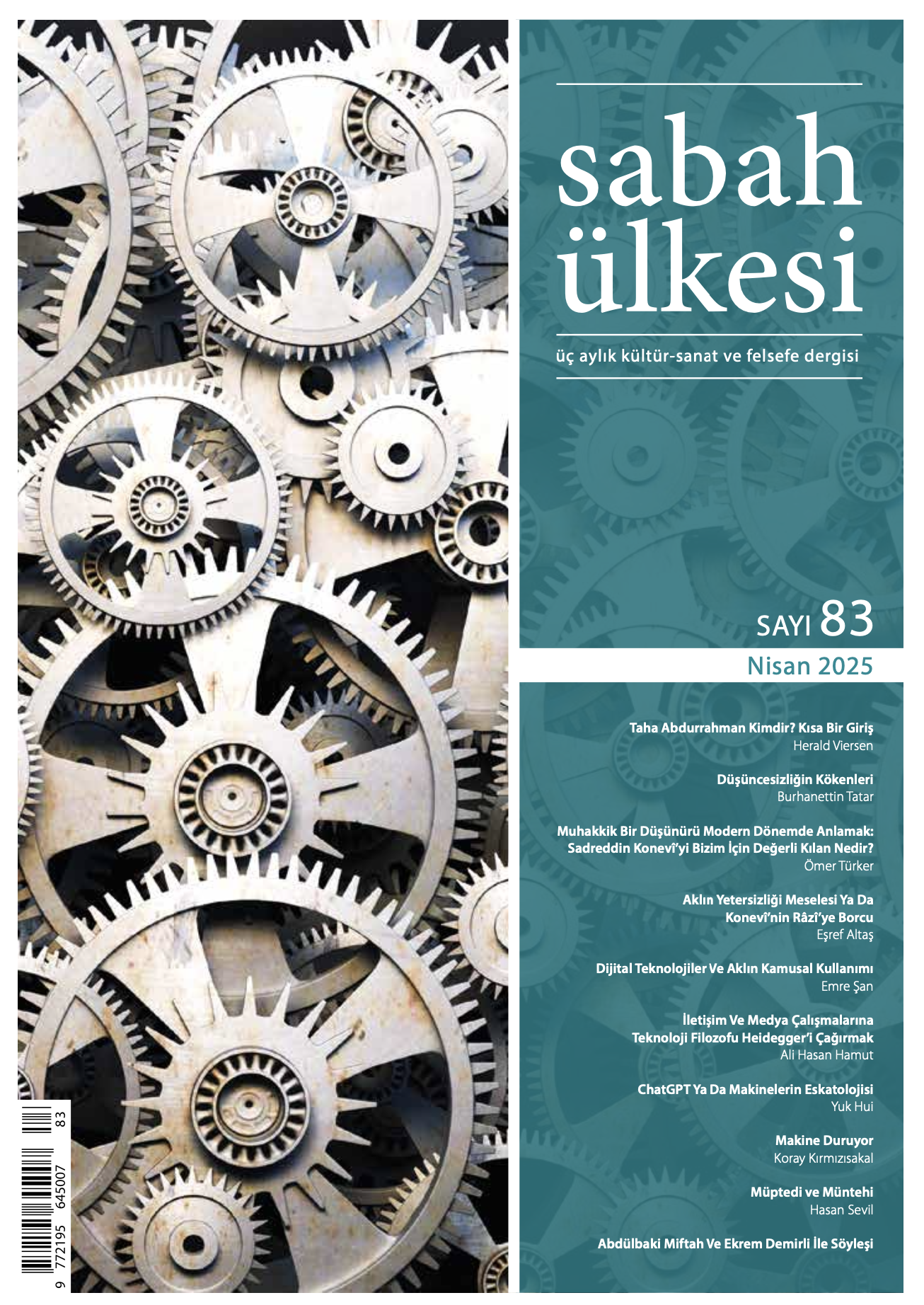Friday Khutba
Our Understanding of Silat Al-Rahim
28. June 2024
Dear Brothers and Sisters!
The term “aqriba” refers to individuals who are close to a person in terms of lineage. The word “aqriba” is of Arabic origin and is the plural form of the word “qarib,” which means “close”.[1]
Kinship imposes certain mutual duties on individuals who possess this characteristic. This collection of duties is expressed by the term “kinship rights.” Our religion places importance on the preservation of kinship rights and desires that these rights be strengthened through mutual communication, material and spiritual assistance and visits. This relationship among relatives is referred to as “Silat Al-Rahim.”
Dear Brothers and Sisters!
In the first verse of Surah An-Nisa, which we recited at the beginning of our khutba, Allah (swt) says, “Fear Allah, through whom you ask one another, and the wombs (that bore you). Indeed, Allah is ever an Observer over you.”[2] Our Prophet (saw) also placed great importance on maintaining and strengthening kinship ties. In one of the hadith, he commanded us to practice “Silat Al-Rahim,” saying: “Let whoever believes in Allah and the Last Day honor his guest; let whoever believes in Allah and the Last Day maintain the bonds of kinship.”[3] There are numerous verses and hadiths concerning “Silat Al-Rahim.” Based on these commands and prohibitions, all Islamic jurists have deemed it impermissible to sever relations with relatives.
Dear Jama’ah!
Continuing with “Silat Al-Rahim” is described by our Prophet as an act that increases one’s provision and prolongs one’s life[4]. The Messenger of Allah stated that those who sever “Silat Al-Rahim” will not enter Paradise[5] and defined ” Silat Al-Rahim” as follows: “Silat Al-Rahim is to maintain your relationship with those who sever ties with you.” [6]
Maintaining strong and healthy relationships with relatives and doing good to them is not a duty unique to us, but an early command. This command, which regulates and strengthens interpersonal relationships, also applied to the communities before us. Allah (swt) expressed this truth as follows: “And [recall] when We took the covenant from the Children of Israel, [enjoining upon them], ‘Do not worship except Allah; and to parents do good and to relatives, orphans, and the needy. And speak to people good words and establish prayer and give zakah.”[7]
Dear Brothers and Sisters!
Relatives are responsible for reminding each other of the commands of the religion. The best example that the duty of enjoining good and forbidding evil should start with the closest ones is the prophets. They began their mission with their relatives, inviting them first, giving them glad tidings and warning them.
Relatives have rights over one another. A Muslim should look after their relatives, help them meet their needs, but act with moderation. Another important principle brought by Islam regarding the highly valued kinship relations is the principle of “justice and truth.” The value of kinship bonds is based on getting to know each other, coming together and competing in good deeds. A Muslim cannot violate the rights of others to look after their relatives. In other words, the rights of kinship cannot be prioritised over the rights of others.
Let’s conclude our khutba with the command from Allah (swt) that serves as a measure for our relationships with relatives and all beings: “O you who have believed, be persistently standing firm for Allah, witnesses in justice, and do not let the hatred of a people prevent you from being just. Be just; that is nearer to righteousness. And fear Allah; indeed, Allah is Acquainted with what you do.”[8]
May Allah (swt) not separate us from justice, rights and fairness. May He make our relatives a means to the abundance of our sustenance, the blessings in our lives, and our entry into Paradise.
[1] https://islamansiklopedisi.org.tr/akraba
[2] Surah An-Nisa, 4:1
[3] Buhârî, Edeb, 31, 85
[4] Buhârî, Edeb, 12; Müslim, Birr, 20
[5] Buhârî, Edeb, 11; Müslim, Birr, 19
[6] Buhârî, Edeb, 15
[7] Surah Al-Baqarah, 2:83
[8] Surah An-Nisa, 4:135

















